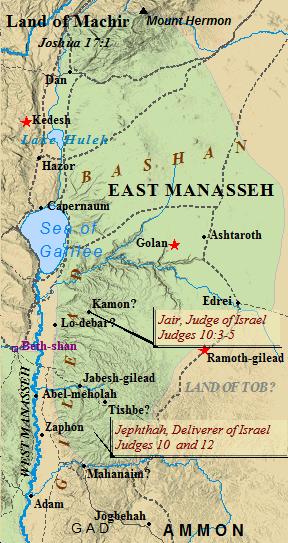JoeWallack wrote:JW:
Regarding the Internal evidence Tobin also demonstrates that the literary style of poetic parallelism also favors "like a lion" as original:
JW:
Note that before the ending we always have a parallel of animal and action:
12 Many bulls encircle me,
strong bulls of Bashan surround me;
13 they open wide their mouths at me,
like a ravening and roaring lion.
.........................................
16 For dogs are all around me;
a company of evildoers encircles me like a lion. .......... my hands and my feet.
The ending summarizes for each animal:
20 Deliver my soul from the sword,
my life from the power of the dog!
21 Save me from the mouth of the lion!
From the horns of the wild oxen you have rescued me.
Without "like a lion" there is no second animal reference for 22:16.
1. You missed verses 14 and 15, which have no animal, but they do each have a body part coupled with an action. Therefore, every verse from 12 to 16 has either an animal or a body part coupled directly with an action, but never an animal coupled directly with a human body part. "...like a lion my hands and my feet" would be an animal - body part coupling that wouldn't fit the pattern.
2. The action is not merely any action, but an action of harm.
3. Therefore, for verse 16's coupling with the body parts that are explicit (hands and feet), we would fit in some harming action.
4. The verses that you showed above to establish a pattern of animals and actions did not mention a human body part, but verses 14 and 15 and the end of v. 16 do have a body part. Therefore the end of verse 16 that mentions body parts would poetically have to match up with verses 14 and 15 that mention the body parts too.
5. Since I agree with you that there should be an explicit action at the end of v. 16 to match the pattern, then what is the explicit action that is stated at the end of verse 16? The word evildoers couples with the action of surrounding, and the hands and feet pair up with what explicit action?
6. In verse 20, we do not always have couplings of "animal" and "action". That is because the "Sword" is used in a coupling, but a "sword" is not an animal.
7. Verse 20 has four harming entities: "lion's mouth", "oxen horns", "dogs", and "Sword." Each of those four can be found explicit in the verses you posted, except for the last one, the Sword. Where is the "sword" directly referred to in vv. 12-16? "Evildoers" could carry swords, but where do the enemies directly bear a clear description of having swords in the passage, unless it's by reference to the end of v. 16?
8. Each of those four dangerous entities has the danger of something piercing - a dog bites, a lion's mouth has teeth, a sword is sharp, and a bull's/oxen's horn is pointed too. They are all piercing instruments. Getting poured out like water so the victim is laid in the dust of death sounds like someone got pierced. But where does it say the narrator actually underwent the piercing that would lead to this?
"I poured out.... you laid me in the dust of death, for .... evildoers surround me, _______ my arms('yod') and my legs."
I find either Christian or the traditional rabbinical conclusion on the word variant reasonable, and both traditions have commonly understood this to refer to the evildoers attacking the narrator.
